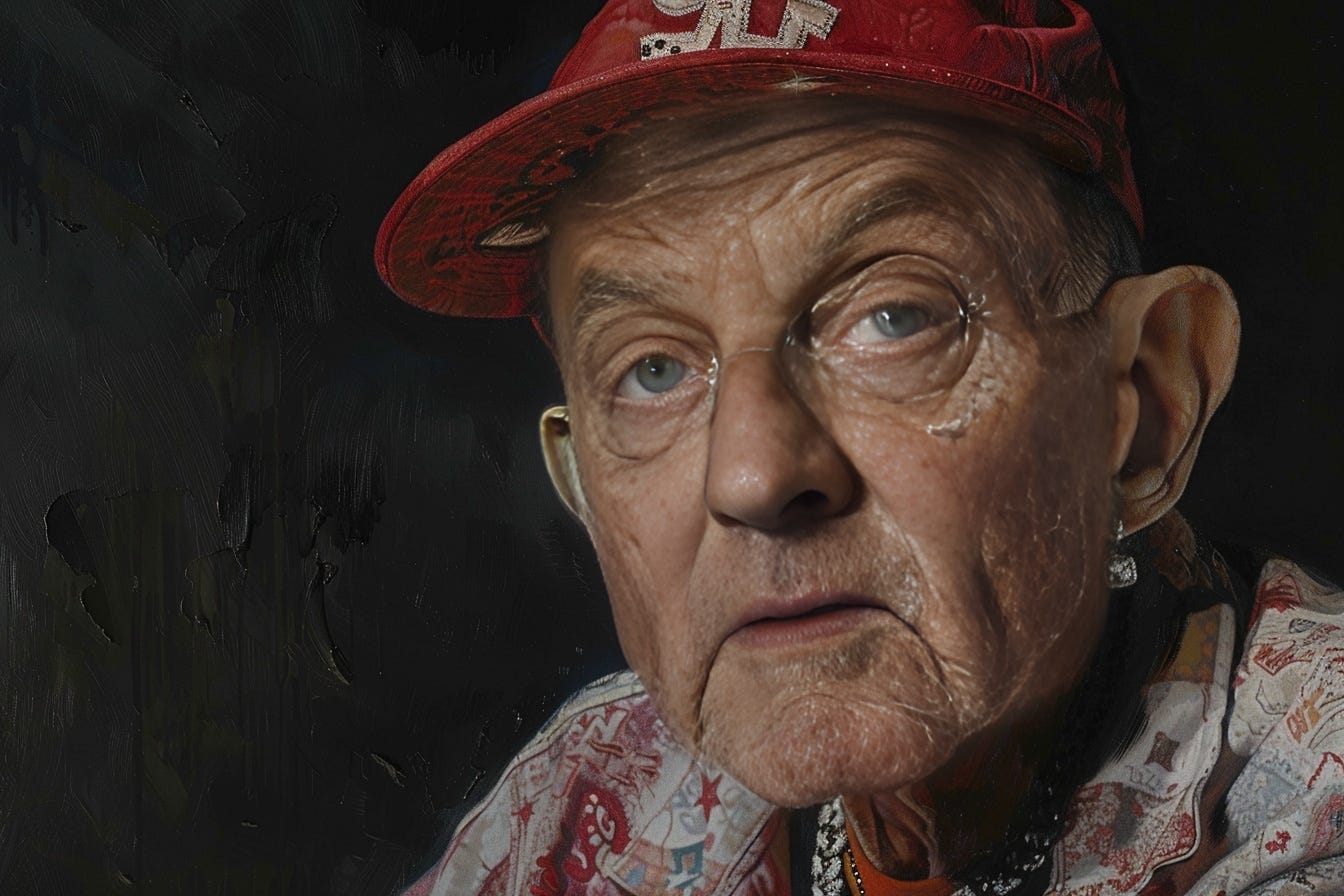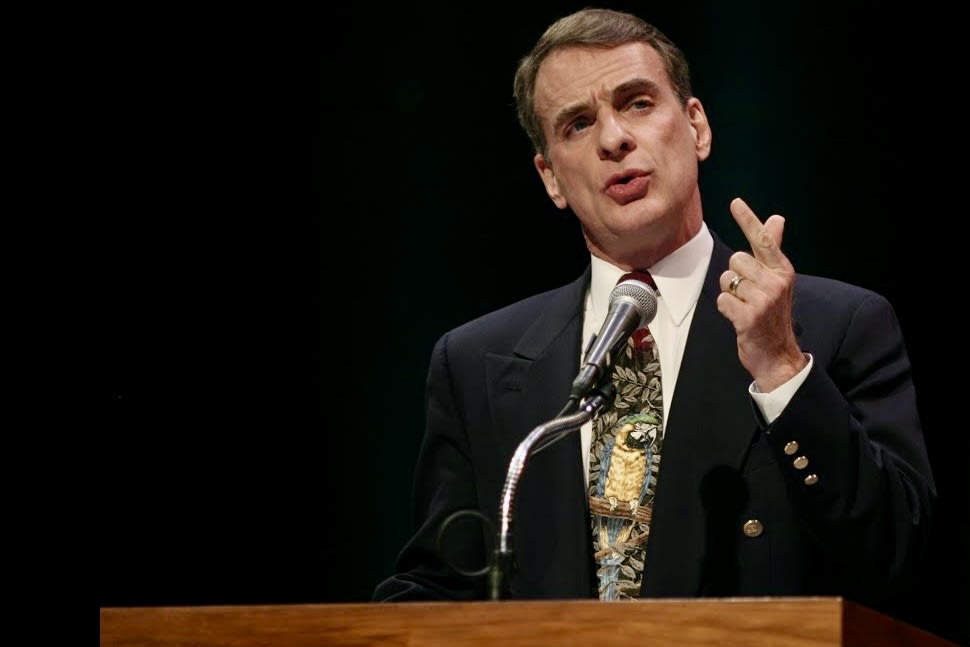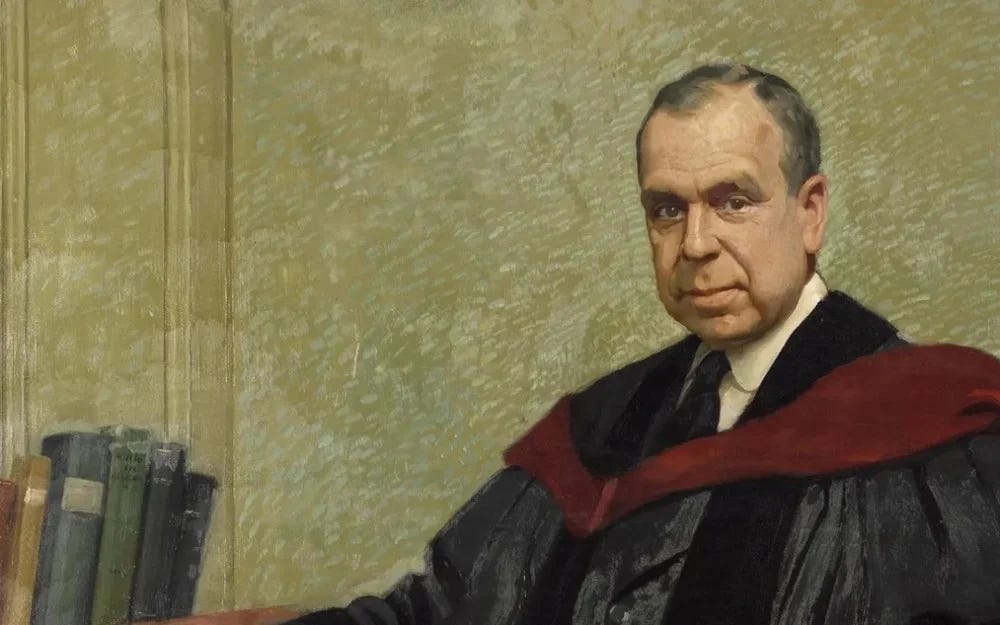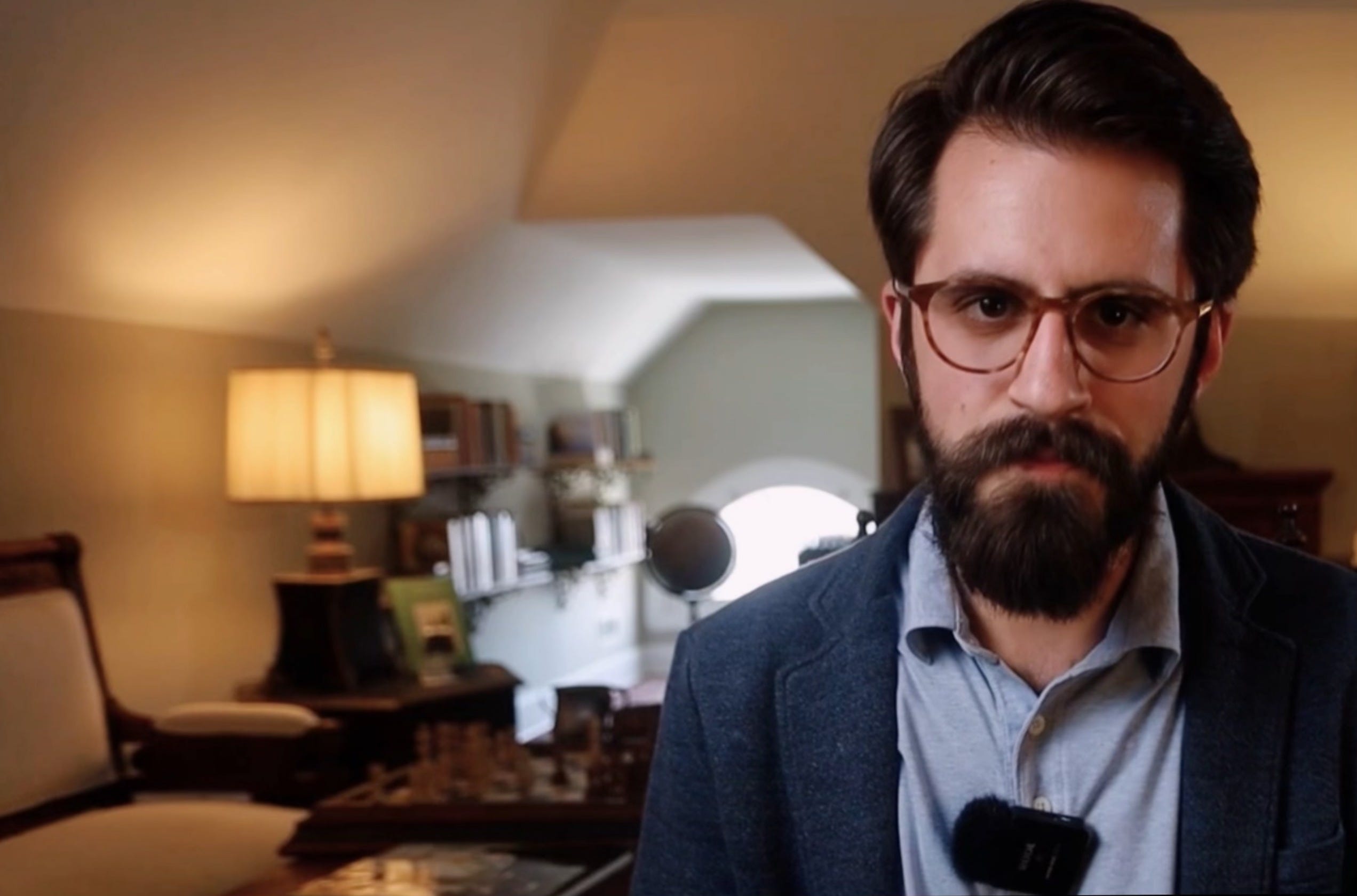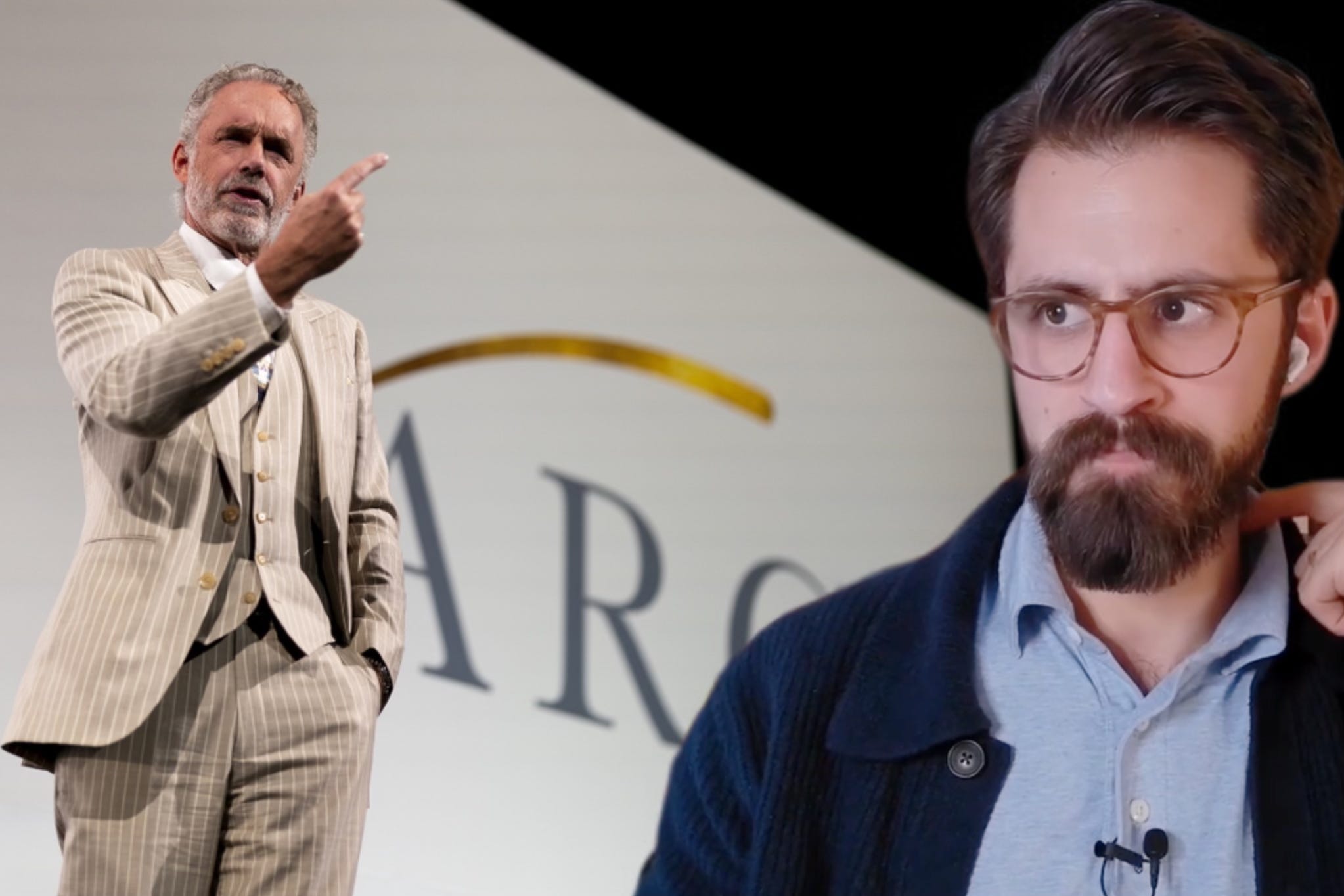Five Ways Reinhold Niebuhr Is Still Relevant
Description
I recently spent some time with Reinhold Niebuhr’s The Nature and Destiny of Man and Love and Justice: Selections from the Shorter Writings of Reinhold Niebuhr. This comes on the heels of my writing about Christian realism, a theology and philosophy indebted to Niebuhr.
Niebuhr reminds me of Jordan Peterson. Like Peterson, he brought the claims of Christianity to public and political debate. Also like Peterson, Niebuhr arouses suspicion for whether he was really a Christian, this in spite of him being the most influential American theologian of the 20th century.
Here are five ways that Reinhold Niebuhr is still relevant to contemporary Christianity.
1. Niebuhr Is Not an Evangelical
Thank God.
Niebuhr is, for me, the answer to the questions I began to raise in “The Evangelical Critics of the Evangelical Majority” and “Three Mindsets that Make Evangelicals Ineffective.” In the former essay, I registered the critique of the evangelical majority coming from believers disaffected with the subculture of evangelicalism and its alignment with partisan Republican politics. In writing it, I began to think that a sufficient Christian public theology must bridge this divide, rather than firmly take up the cause of majority evangelicalism.
In “Three Mindsets,” I began to detect that the cause of the problems with the evangelical majority was a mindset of pious and internally consistent virtue-signalling within the evangelical tribe. I contrast that with a hard-bitten realist approach concerned with prudence and effectiveness in public action.
People critique Niebuhr for being outside of that evangelical movement, and even for being a theological liberal. In fact, Niebuhr was among the foremost critics of theological liberalism, the others being the Neo-Orthodox theologians Karl Barth, Emil Brunner, and Dietrich Bonhoeffer. However, Niebuhr and Barth were outside of the American movement of evangelicalism. I would argue that they were the most able critics of liberalism because they had been theological liberals, something few evangelicals could claim. As a result, their critique of theological liberalism was most persuasive and cutting to the liberal theological movement.
2. Niebuhr’s Historical Analysis Beats the Trad-Cath One
The Reformation did not lead to the downfall of Western Civilization.
When in the belly of presuppositionalism, I ran toward Catholic intellectuals to teach me about the natural law. I took several summer seminars at The Witherspoon Institute, with Robert George and the other authors of What Is Marriage? Man and Woman: A Defense. At that event and others like it, I was told that my conversion to Catholicism was imminent.
It was there that I also first heard the Catholic critique of the American founding, that its lack of religious establishment was, implicitly, secularism. From there, I learned that the Catholic critique went deeper: The Reformation was the ultimate cause of “drag queen story-hour.” Purveyors of this incredibly partisan and anti-American narrative are - strangely enough - some of the most well-respected religious public intellectuals in America today.
In Niebuhr, I read a better defense of the relationship of Protestantism to liberalism and modernity than I have seen even in contemporary attempts. (I applaud those of The Davenant Institute and associated intellectuals.) If we want to blame today’s optimistic humanism on an early modern movement, Niebuhr argues, the Renaissance would be the culprit, not the Reformation. What is more, the idea that a return to 13th-century conditions would heal our woes is another version of the kind of perfectionism and utopianism that Niebuhr critiques evangelicals, Marxists, and liberals for alike.
It’s time for a renewed Protestant public theology. And Niebuhr should be a guide and model.
3. Niebuhr Was a Public Theologian
And we should be public theologians too.
Reinhold Niebuhr is a striking example of the kind of theology I aim to offer and the kind of theologian I aspire to be. His theology avoids unprofitable intra-Christian debates and is focused on the engagement with fields of knowledge and human action beyond Christian circles.
The publicity of his theology was effective. Niebuhr had the role of American thought-leader as a theologian in the 1950s in a way we can no longer imagine. He was on the cover of Time Magazine. His theology moved and motivated key players in American history and politics at the time, chiefly, Martin Luther King, Jr.
No one perceived Niebuhr as a partisan Christian, only speaking in Christian-ese to other Christians. Rather, he spoke to all people, all Americans, by arguing on grounds that were commonly accessible. Even when he argued for the relevance of Christian doctrine to secular debates he presented Christian doctrines as empirically defensible and relevant. I had previously attributed the following quotation to G. K. Chesterton, but apparently it belongs to Niebuhr: “The doctrine of original sin is the only empirically verifiable doctrine of the Christian faith.”
4. Niebuhr Was an Orthodox Peterson
And evangelicals still don’t think he was a Christian.
A couple weeks ago, I wrote about the way Jordan Peterson is perceived by evangelicals. This perception is due to the unique role Peterson plays in communicating Christianity to secular and Christian alike by arguing on publicly accessible grounds and not publicly professing faith but purely the pragmatic utility and psychological significance of Christianity.
Guess who played a similar role and was perceived in a similar way by evangelicals as a result? You guessed it: Niebuhr. To this day Niebuhr’s own faith has been called into question by Christians up to and including even Stanley Hauerwas. (Is Hauerwas even an evangelical?) Niebuhr made sufficient statements to make clear his departure from liberalism and adherence to orthodox Christian belief in the resurrection. Nevertheless, he often focused on and spoke about the Christian faith in terms of its philosophical significance and its status as true myth.Personally, I am struck by Niebuhr’s capacity to play the role of Peterson as a believing Christian. It inspires me that I and others might attempt to do the same.
5. Niebuhr Used Theological Doctrines Practically
Grrr… Liberal.
Much in the way I recommended in “The Post-Theology Nerd,” Niebuhr abides by the test of theological significance I proposed there: “A theological distinction is significant if it has implications for living out the Christian life.” For example, he avoids quibbles about predestination that are divorced from practical significance. Instead, he fronts a kind of Augustinianism that had deep implications for liberal philosophy, international politics, and a sober approach to racial justice.
For instance, Niebuhr takes the doctrine of sin to mean that no faction can take itself to be without conflicted motivations. In particular, he applies this to political radicals, whether of the economic or racial variety. These groups are inclined to apply a hermeneutic of suspicion to the actions of their political adversaries, but not themselves. Recognition of the universality of human sin undermines a kind of activist spirit and belligerence that is equally apparent on both sides of the political and religious aisle:
“This is the truth in the Marxist theory of rationalization…that all culture is corrupted by an ideological taint. The unfortunate fact about the Marxist theory is that…the enemy is charged with this dishonesty, but the Marxist himself claims to be free of it. … This is, of course, merely to commit the final sin of self-righteousness and to imagine ourselves free of the sin which we discern in the enemy.”
The Niebuhr Option
While Niebuhr’s ideas have been claimed by both right and left, Niebuhr’s own heritage is ecclesially homeless. He would certainly have been canceled from his own Union Theological Seminary had he been employed there today. But his views and h

